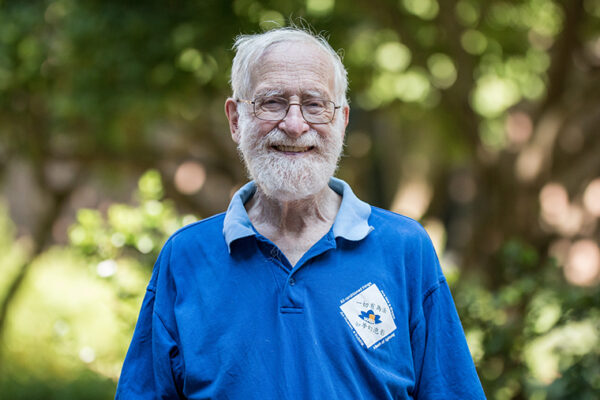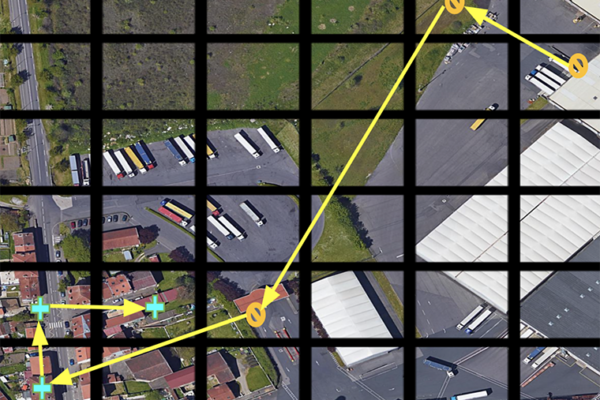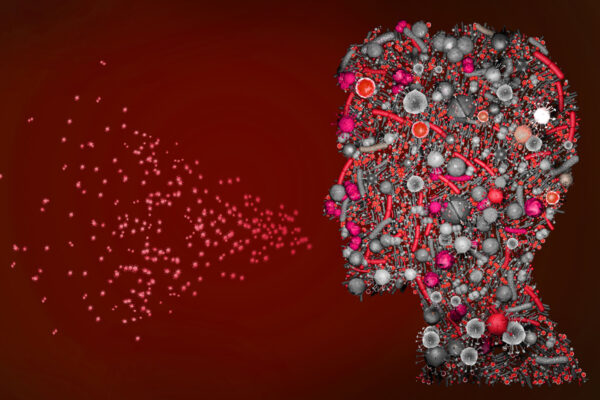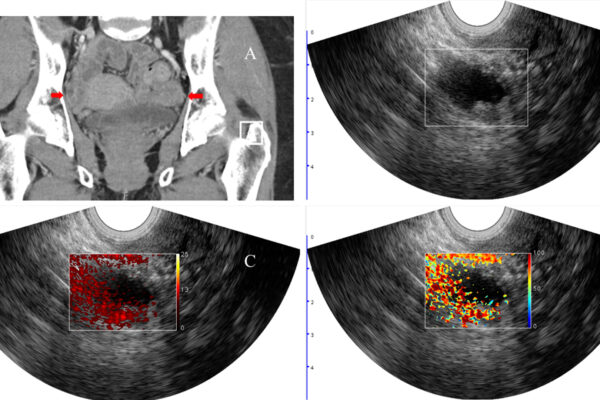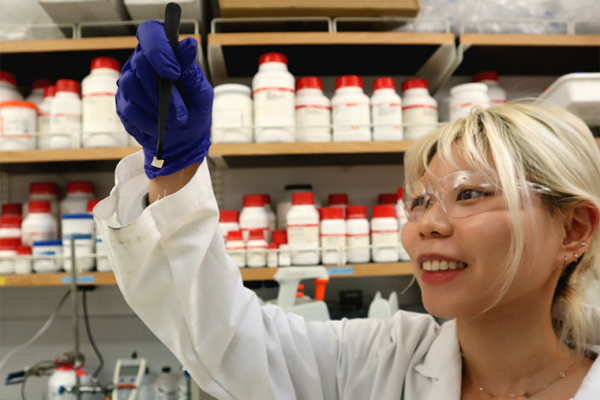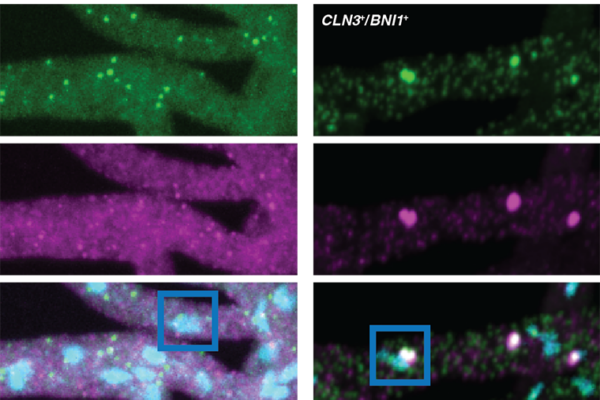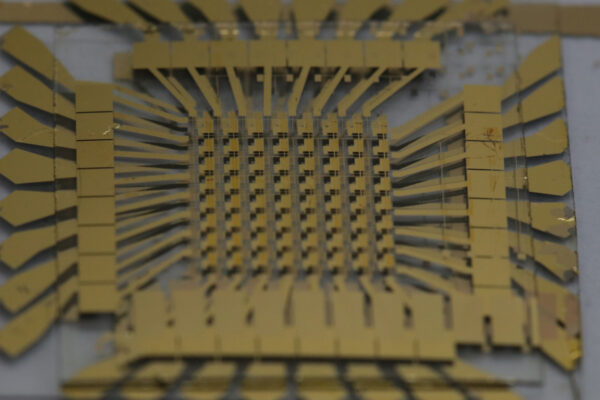Peter R. Phillips, professor emeritus of physics, 92
Peter R. Phillips, a professor emeritus of physics in Arts & Sciences, died Friday, Dec. 1, 2023, in St. Louis. He was 92 years old.
Meta-learning to find every needle in every haystack
A visual active search tool developed by Nathan Jacobs, Anindya Sarkar and Yevgeniy Vorobeychik at the McKelvey School of Engineering combines deep reinforcement learning with traditional active search methods.
Have a green holiday – reduce energy, recycle lights
The Office of Sustainability offers tips for reducing energy use during the winter break. It’s also hosting the annual holiday lights recycling drive through Feb. 2.
Team to develop breathalyzer test for COVID, RSV, influenza A
Washington University in St. Louis researchers will adapt their COVID-19-detecting breathalyzer to one that can also screen for common seasonal viruses with a two-year $3.6 million grant from Flu Lab. With the funding, they plan to take the technology from bench into clinical trials with the goal of preparing the handheld rapid screening breath test for commercial application and FDA registration.
Oyen named among trailblazing leaders in women’s health, FemTech
Michelle Oyen, an associate professor of biomedical engineering at the McKelvey School of Engineering, has been named among the 200 Trailblazing Leaders in Women’s Health and FemTech for 2023 by Women of Wearables.
Photoacoustic imaging improves diagnostic accuracy of cancerous ovarian lesions
Researchers and clinicians at Washington University in St. Louis developed a new imaging method to better diagnose lesions in the ovaries and fallopian tubes that may help to avoid unnecessary surgeries.
Engineering customizable bio-adhesives for personalized medical repair
Researchers working with Fuzhong Zhang at the McKelvey School of Engineering have genetically engineered a protein-based bio-adhesive with programmable material properties.
Eternal sunshine of the aging mind
Older adults spend less time worrying and more time staying on task, according to a new study by WashU psychological and brain sciences researchers Matt Welhaf and Julie Bugg in Arts & Sciences.
Condensates’ composition determined by when RNA is added
Collaborative research from Rohit Pappu’s laboratory at the McKelvey School of Engineering, published in Nature Communications, shows that timing matters when it comes to the order of how different RNA molecules are added to condensates.
2D material reshapes 3D electronics for AI hardware
Sang-Hoon Bae at the McKelvey School of Engineering and collaborators have demonstrated integrated processing hardware they say could revolutionize artificial intelligence computing.
Older Stories
